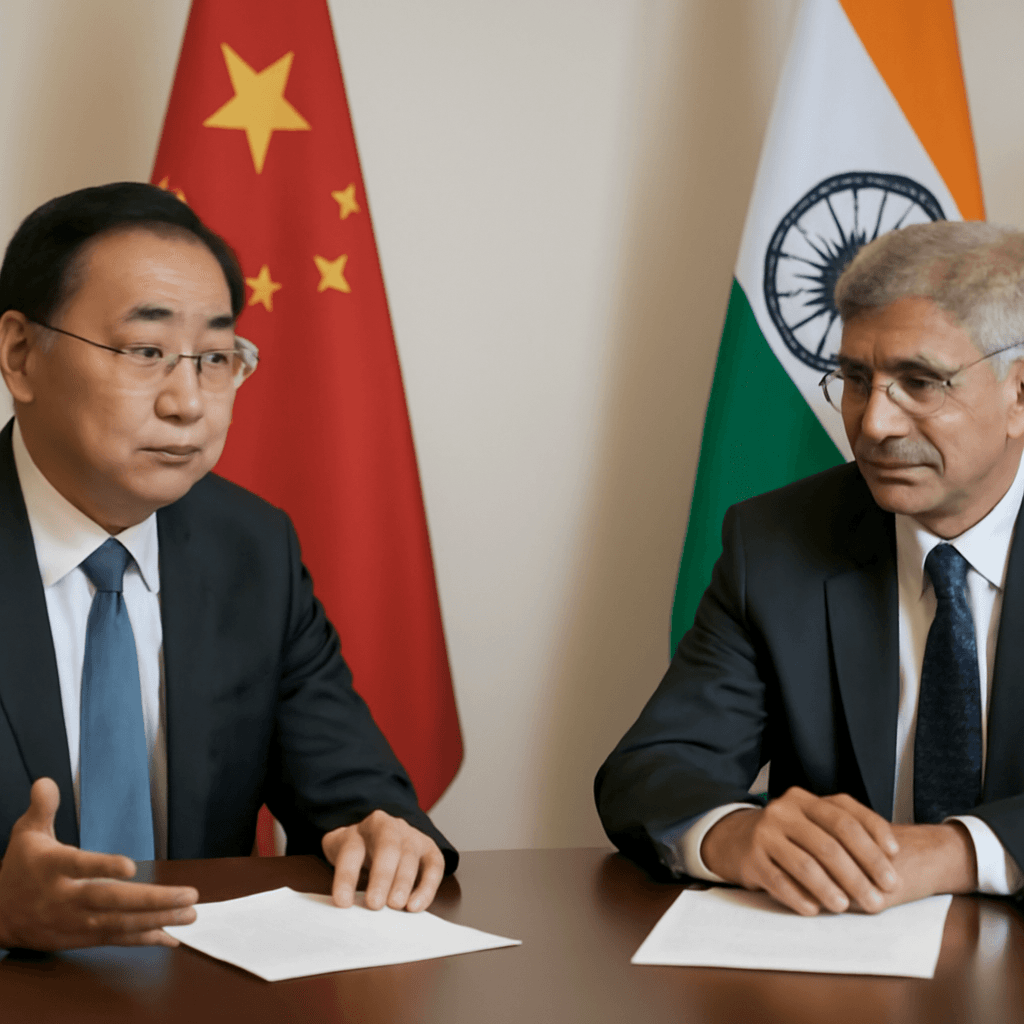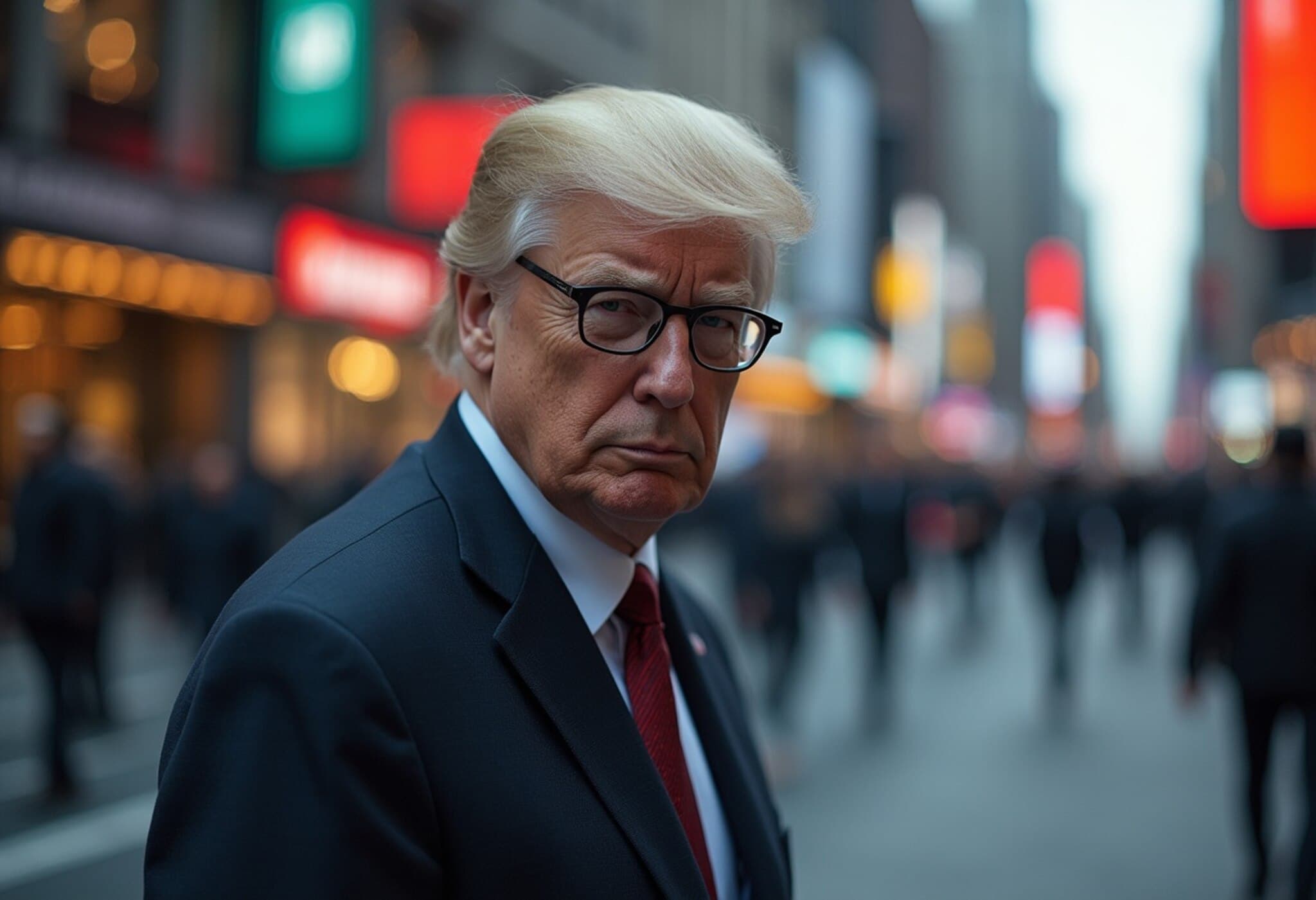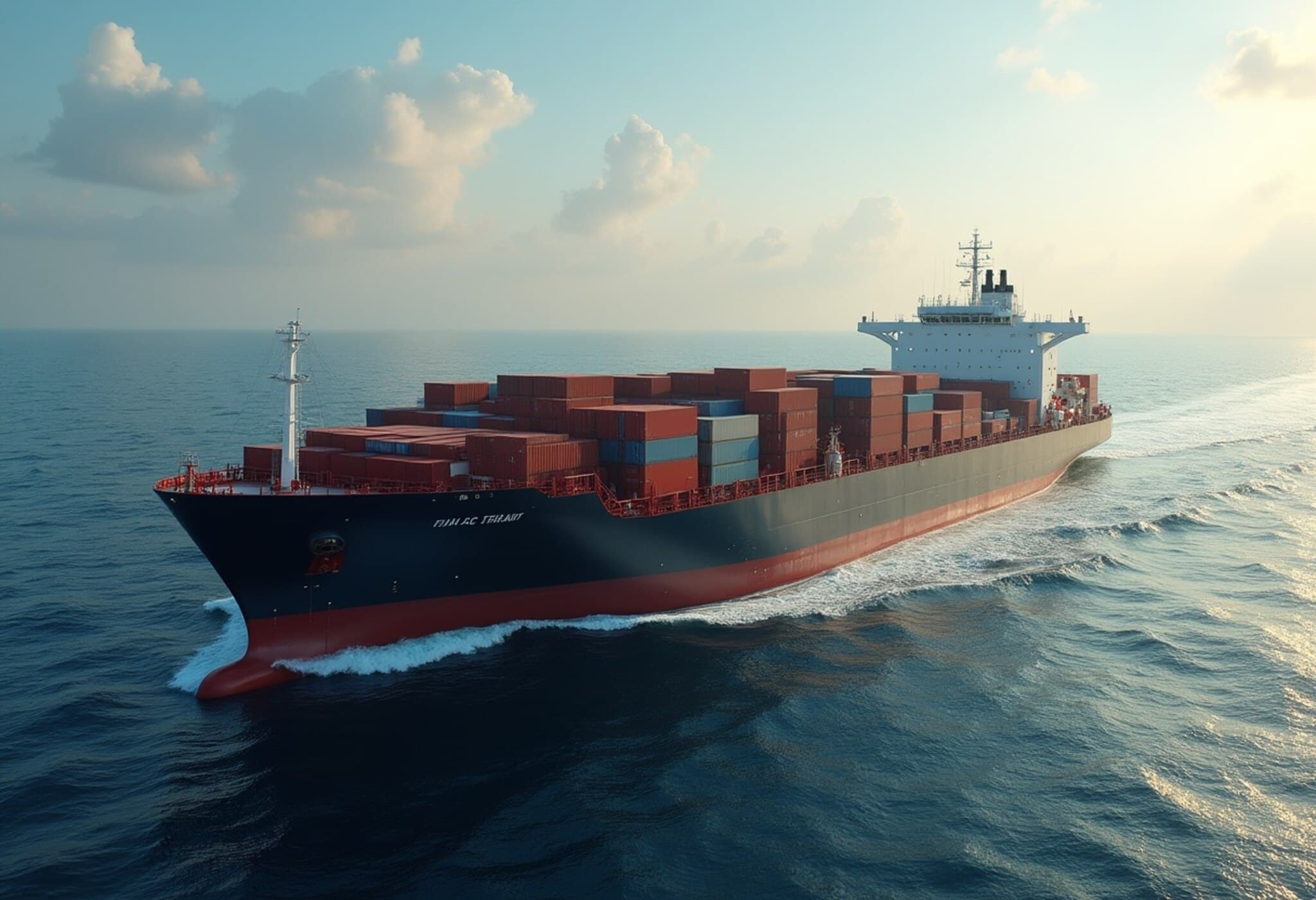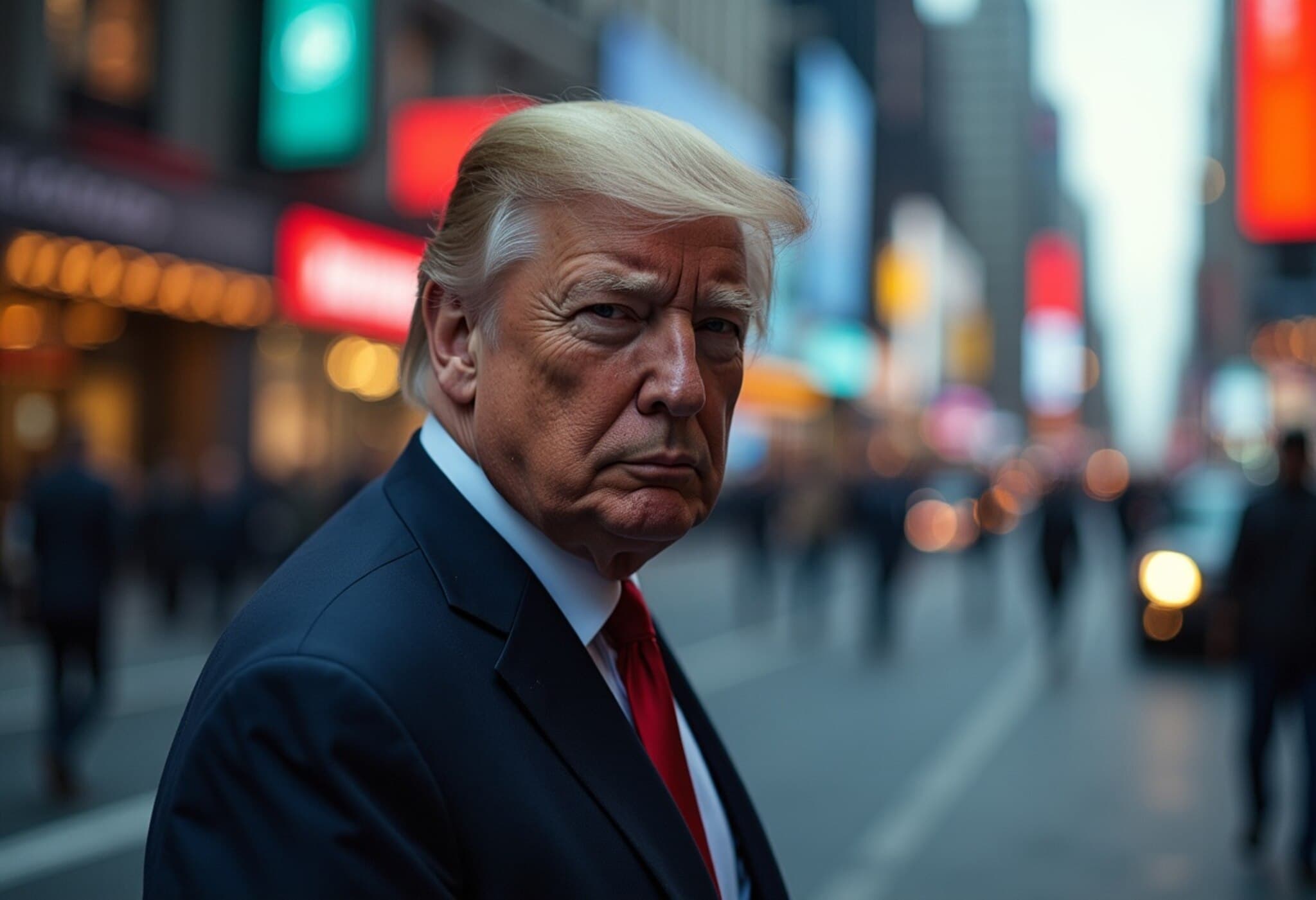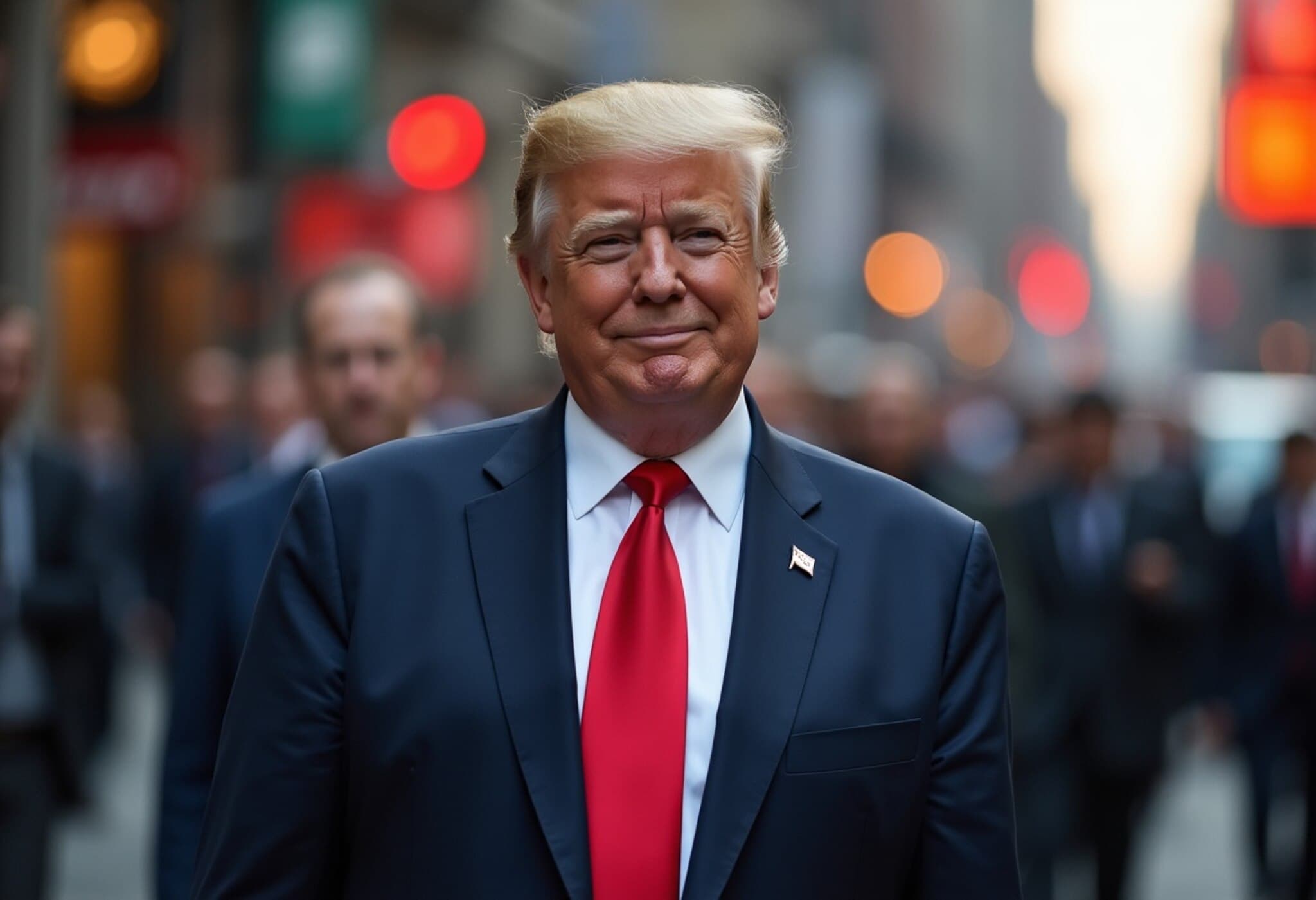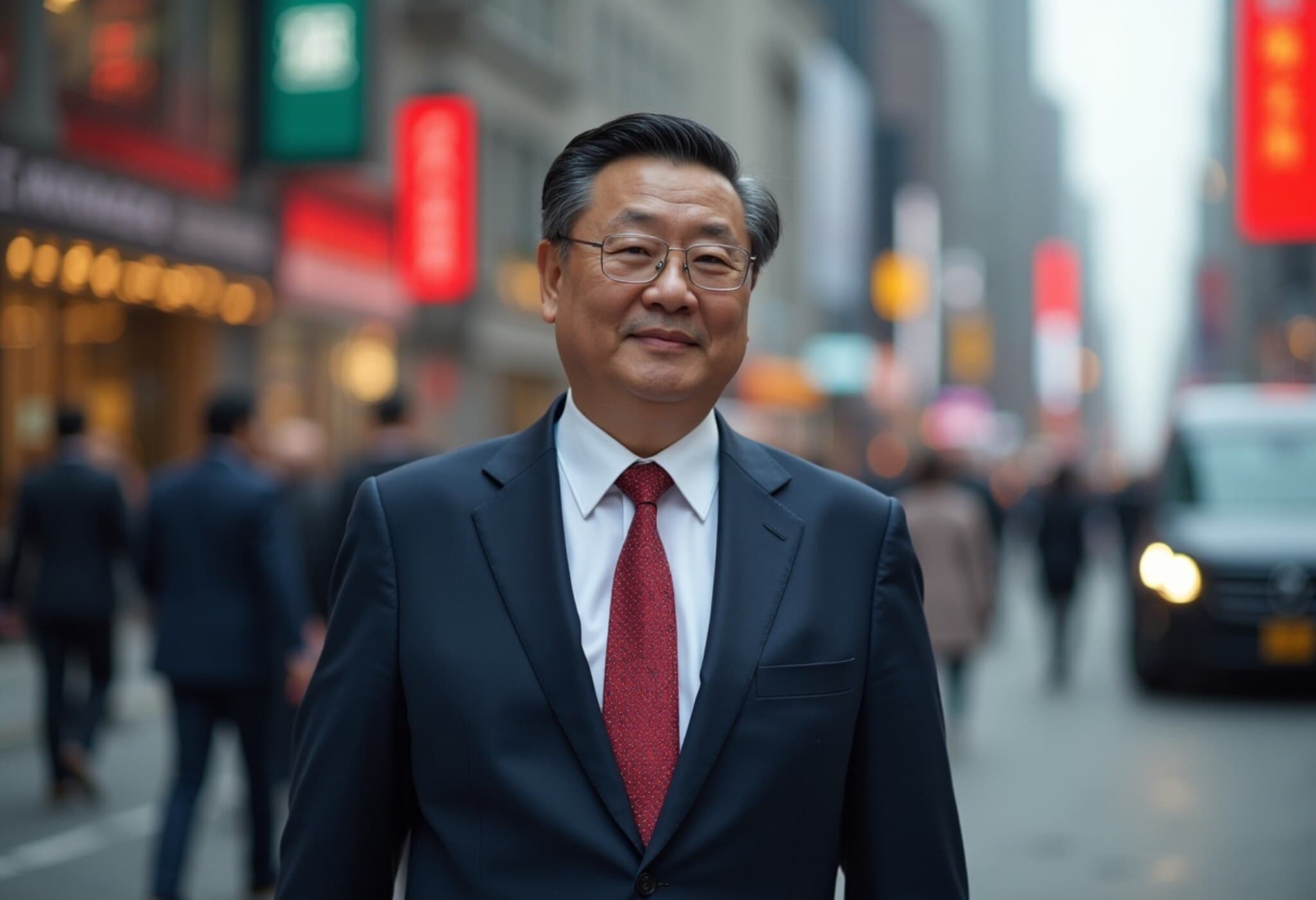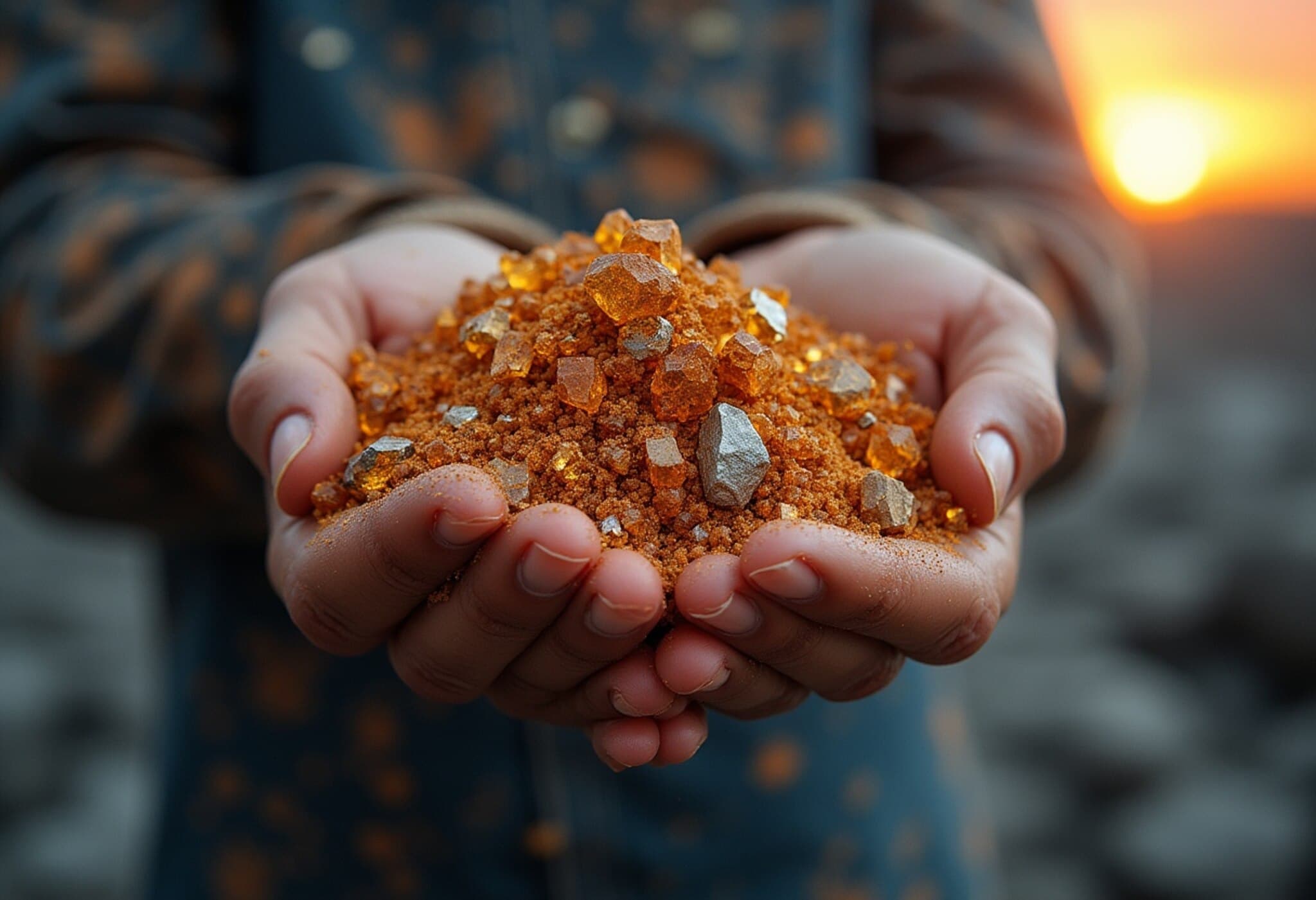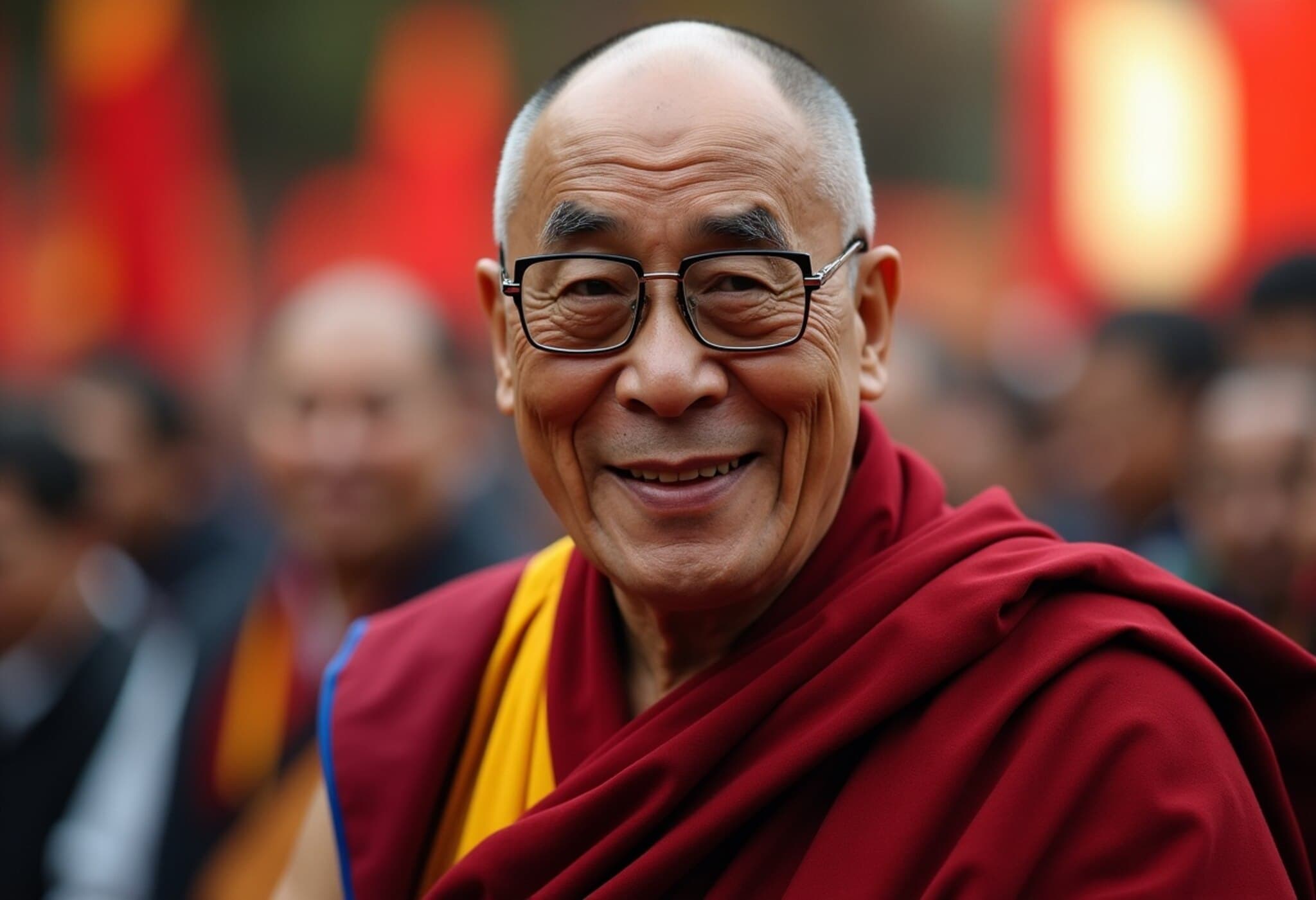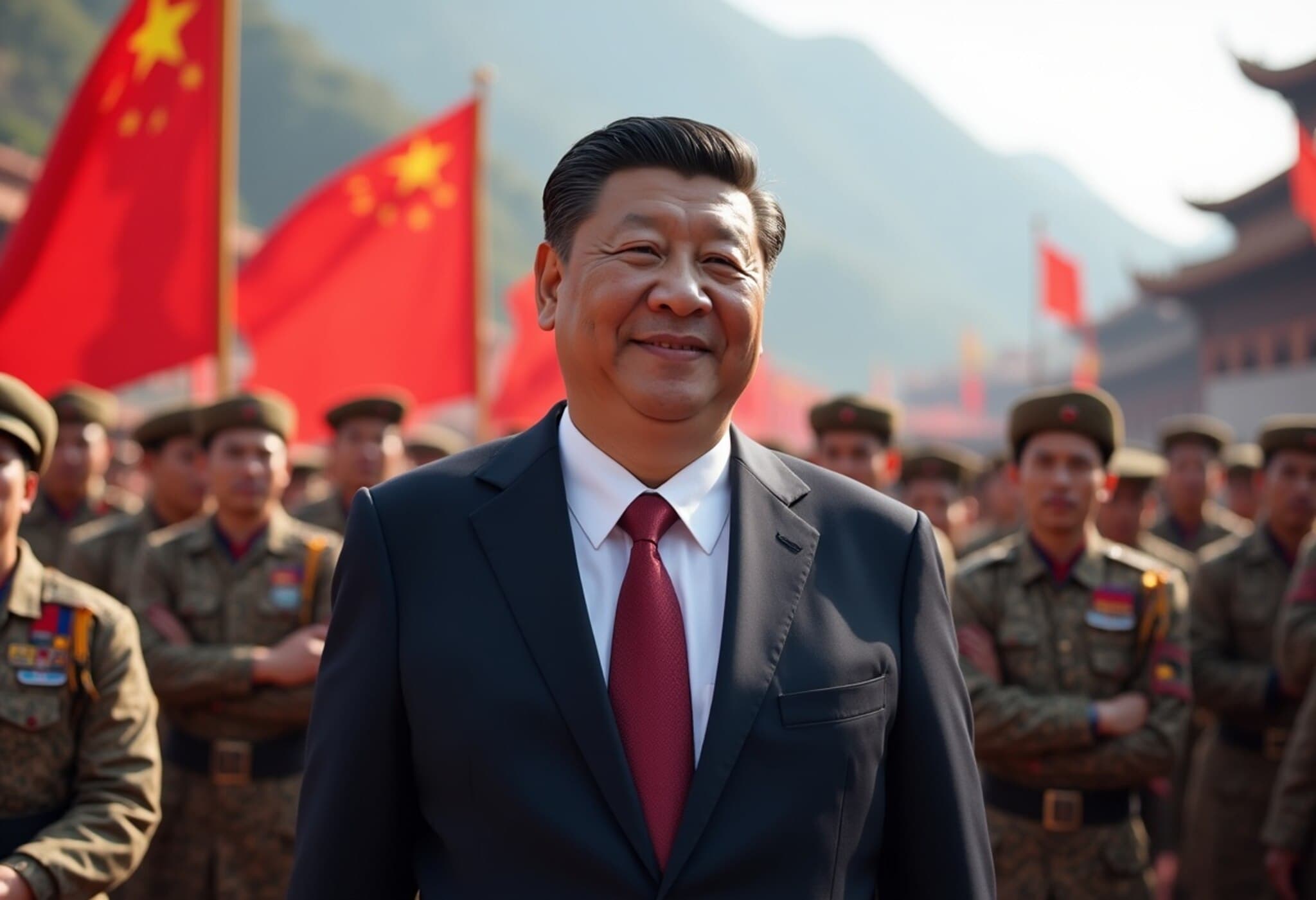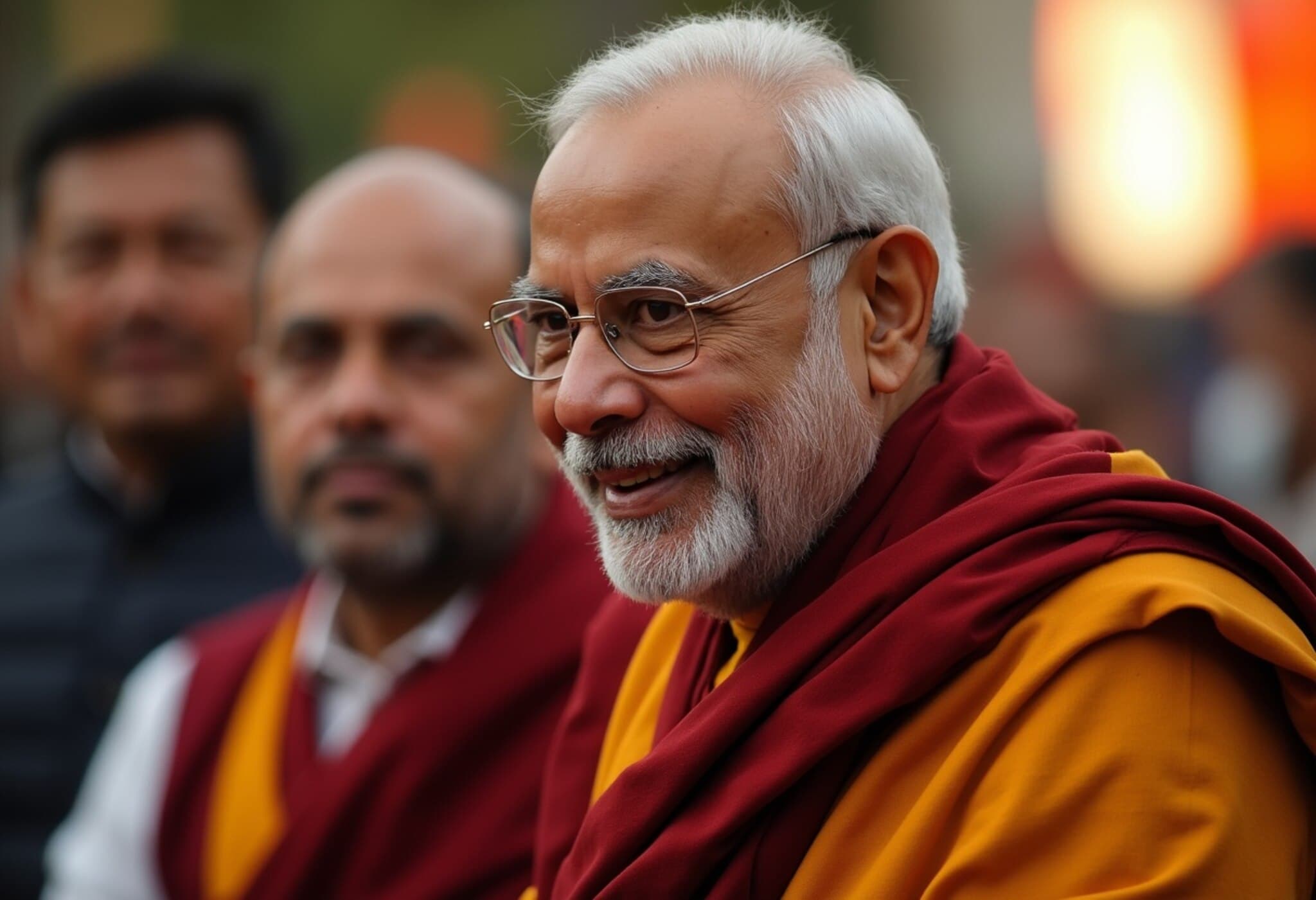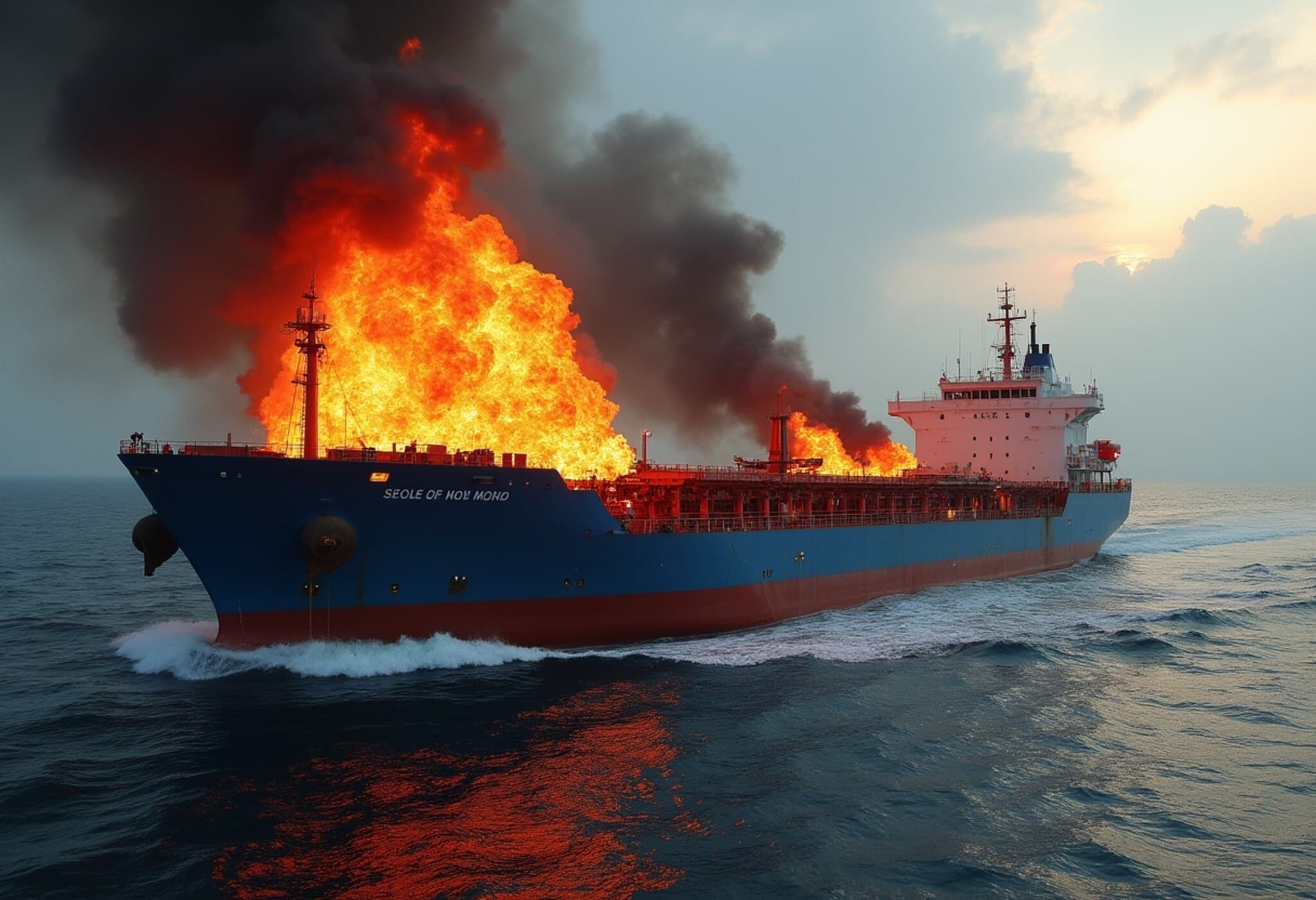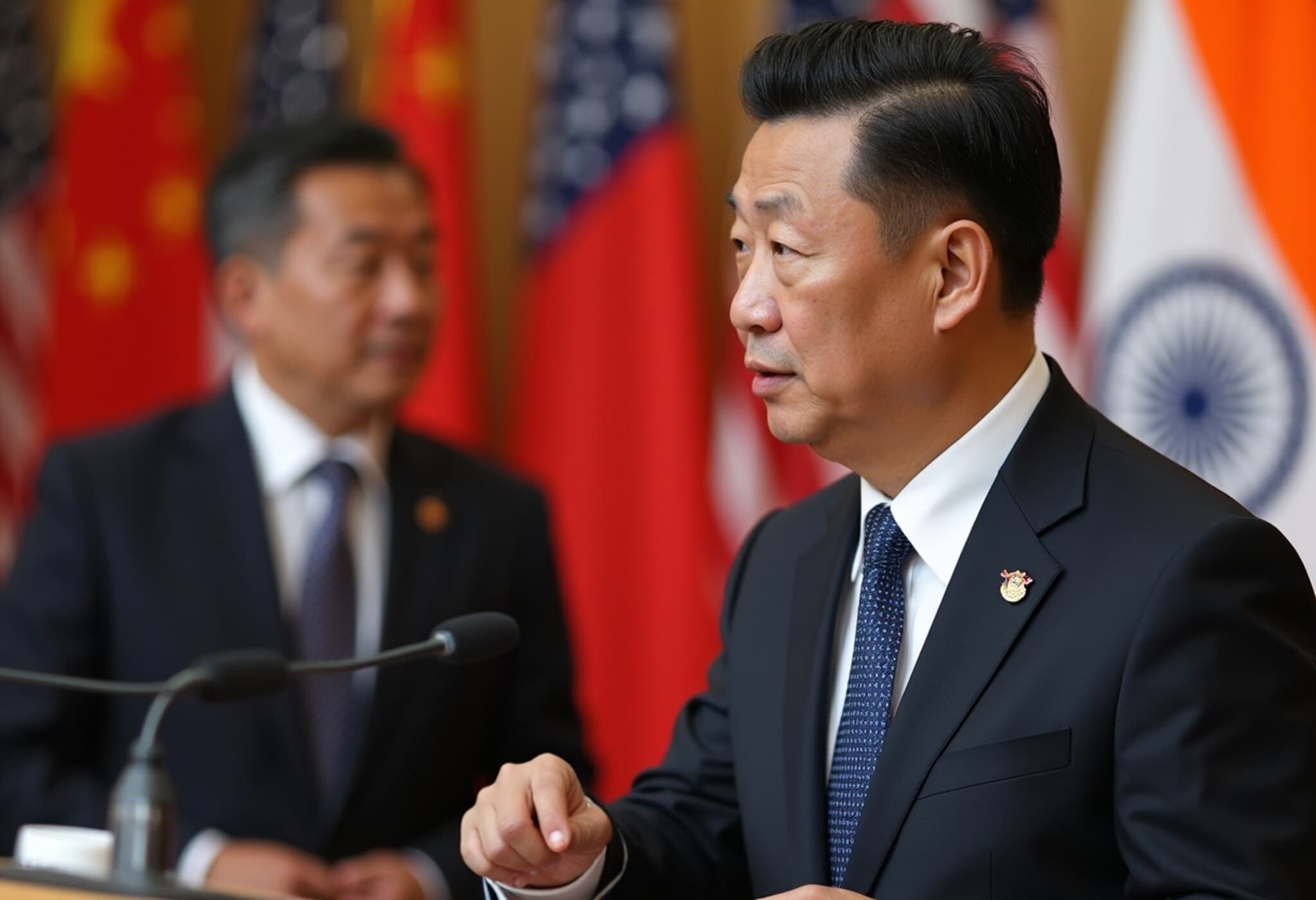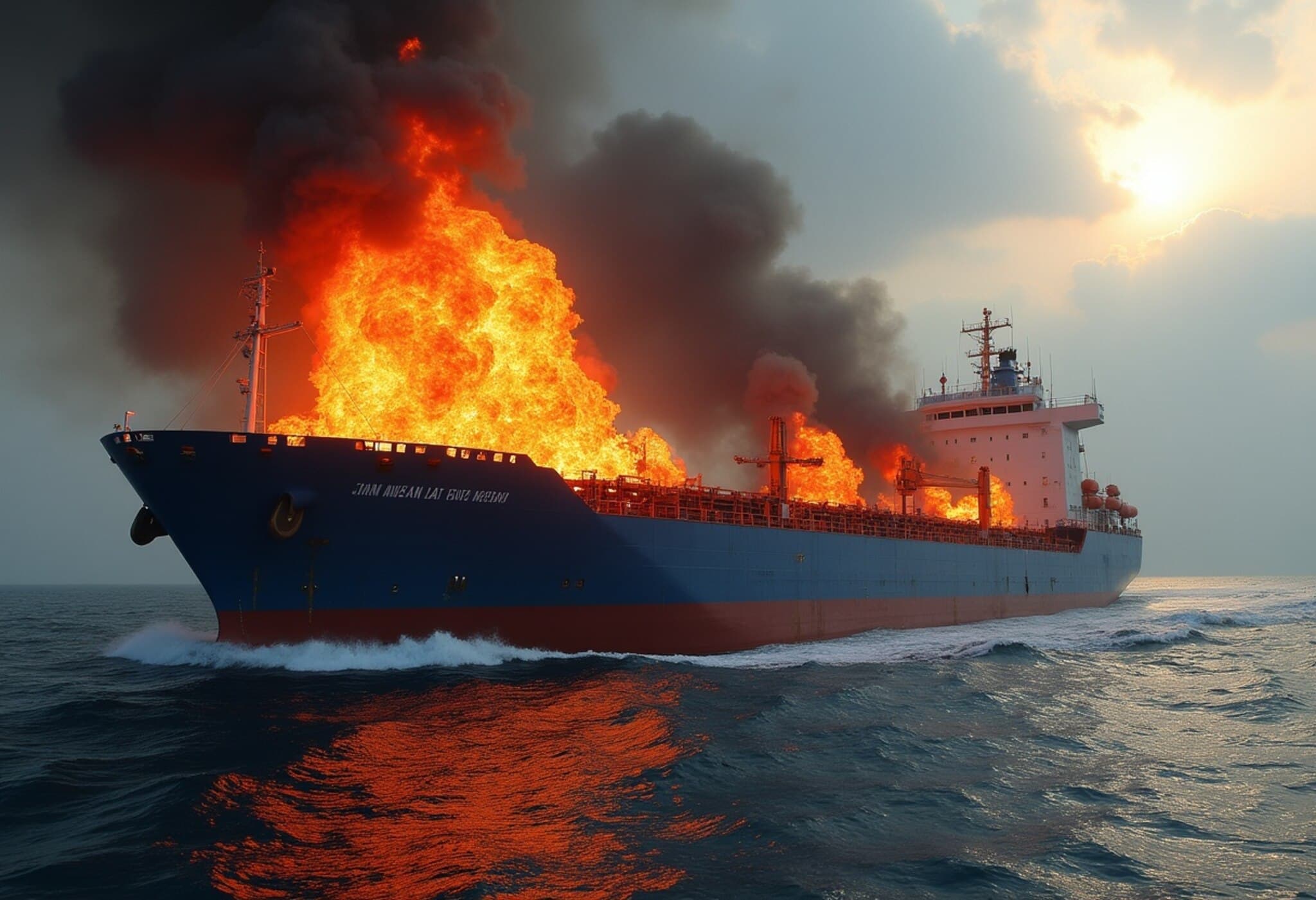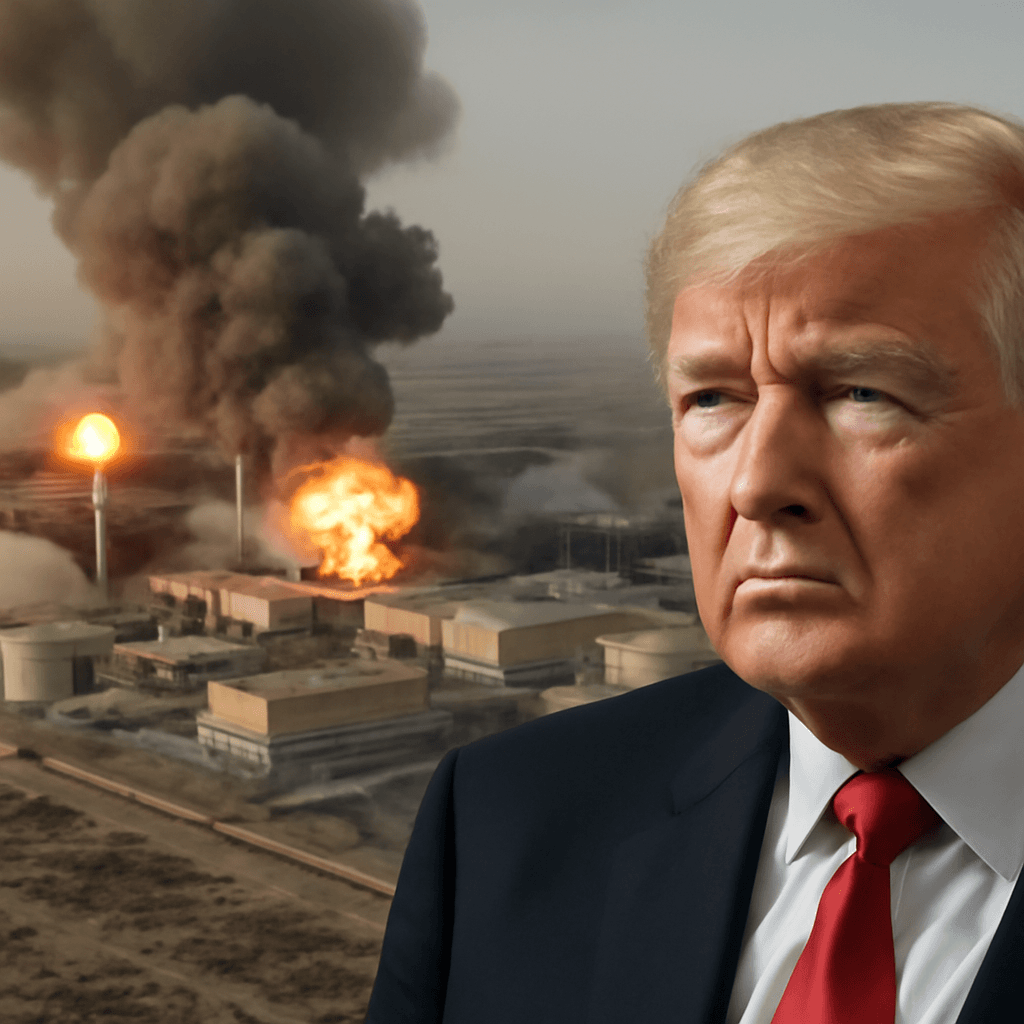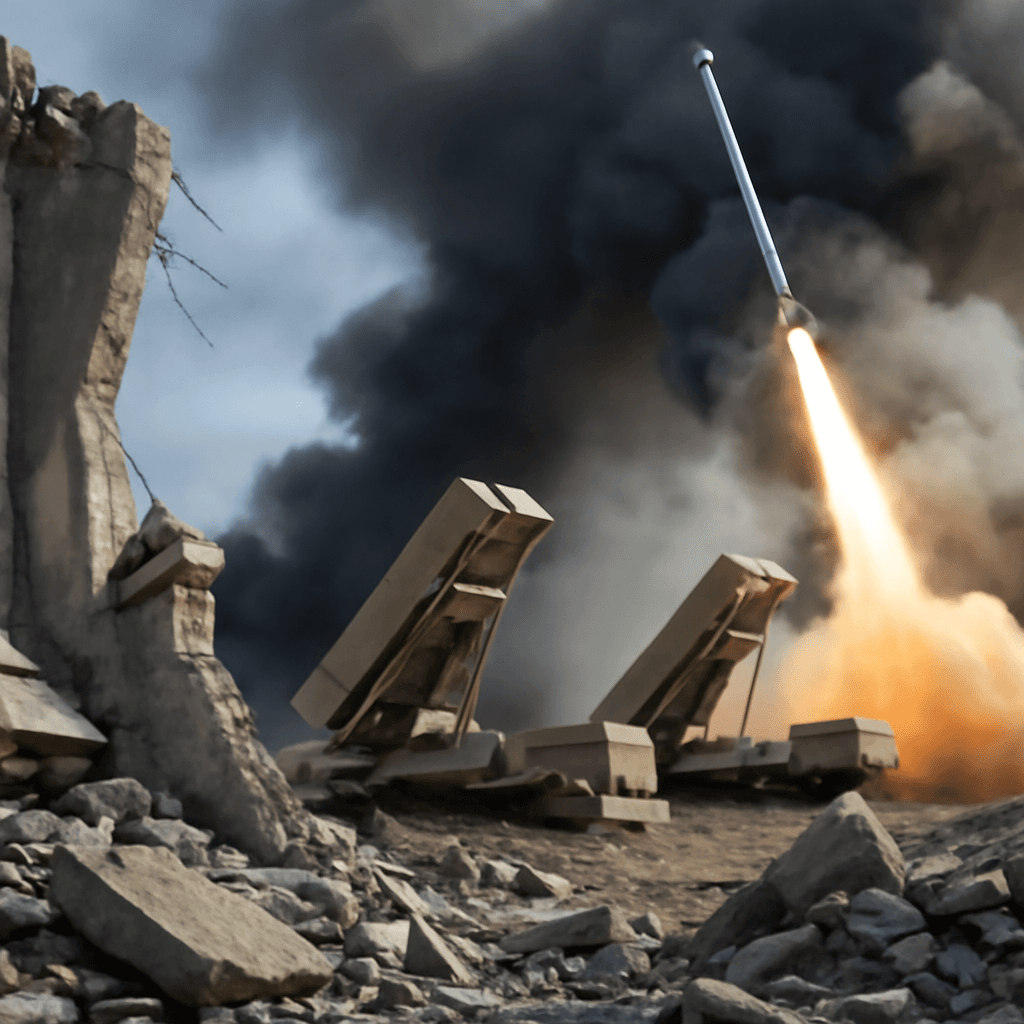China Signals Willingness to Discuss Export Restrictions on Rare Earths with India
China has indicated a readiness to engage in dialogue with India concerning its recent export controls on rare earth metals, crucial for various high-tech industries. The Chinese government expressed a commitment to enhance cooperation with relevant countries to ensure stable and reliable global industrial supply chains.
Impact of Export Curbs on Indian Industries
Beijing's export restrictions on critical rare earth elements have unsettled manufacturing sectors worldwide, particularly in India, where industries like automotive manufacturing and semiconductor production depend heavily on these materials. The sudden limitations have led to supply chain disruptions, raising concerns over production continuity and economic stability.
Official Stance from China and India
Chinese Foreign Ministry spokesperson Lin Jian commented on the issue, affirming China's openness to strengthening cooperation but refrained from giving specific assurances about lifting curbs directly. Lin emphasized that detailed decisions lie with the pertinent Chinese authorities.
Meanwhile, India's Ministry of External Affairs confirmed ongoing contacts with Chinese authorities to stabilize supply chains in accordance with international trade standards. MEA spokesperson Randhir Jaiswal noted, "We have been in discussions with the Chinese Ministry of Commerce and customs administrations since early April following their export control announcements on certain rare earth items. Continuous dialogue is underway to ensure predictability in trade flows."
Diplomatic Engagements Aim to Ease Tensions
In a recent development, Indian Ambassador Pradeep Kumar Rawat held talks with China's Vice Minister Sun Weidong to address bilateral concerns, including rare earth supply issues. These discussions come against a backdrop of growing alarm over shortages impacting India's key sectors such as electronics, renewable energy, and automotive manufacturing.
China’s Dominance in the Rare Earth Market
China commands a substantial share of the global rare earth market, accounting for 61% of mining and 92% of processing output worldwide. While other countries possess these elements, extracting and processing them pose significant environmental challenges and costs, sustaining China's position as the primary supplier.
Following intensive bilateral discussions with the United States, China has selectively resumed granting export licenses, especially to the US and the European Union, signaling a partial easing of trade tensions. However, similar clearances for India remain pending.
Indian Industry Readies for Supply Assurance
In response to ongoing uncertainties, an Indian delegation from the automotive sector is preparing for a visit to China to secure vital rare earth magnet supplies. This proactive approach aims to safeguard the Indian manufacturing base and mitigate future disruptions.
Looking Ahead
While China’s willingness to advance dialogue offers a positive perspective, the path to fully resolving export restrictions remains cautious and complex. Both nations appear committed to working towards predictable supply chains that support global industrial stability and economic cooperation.

